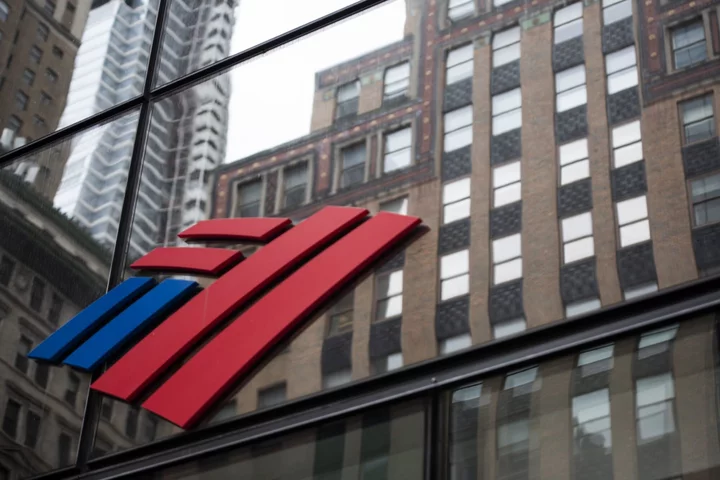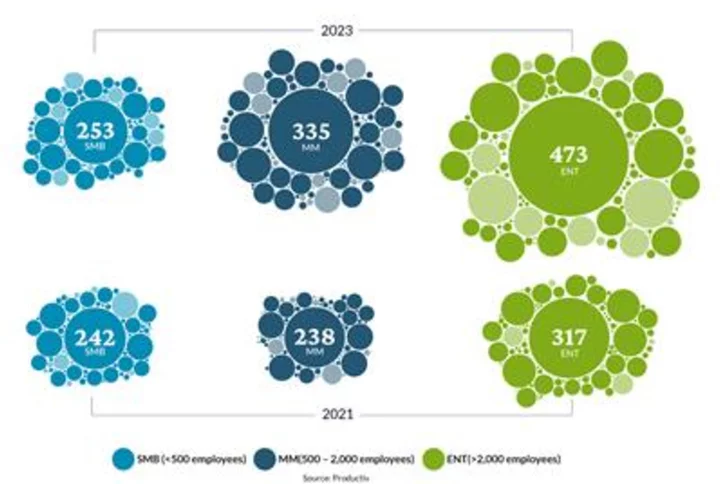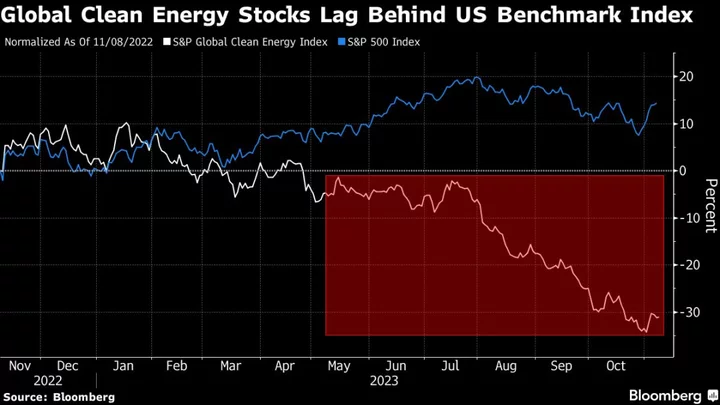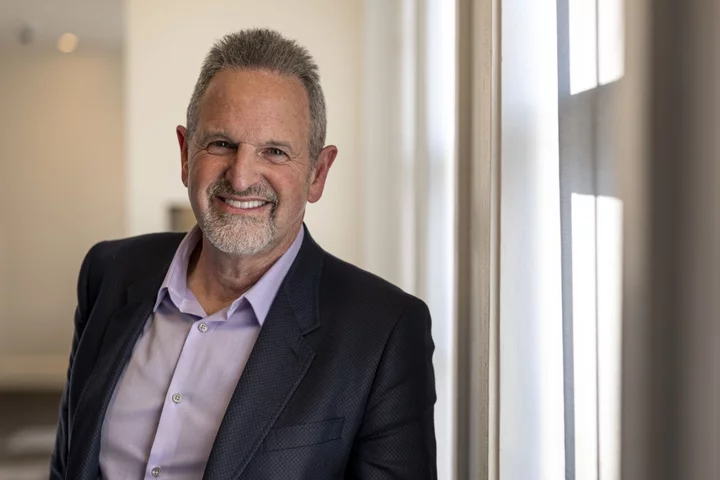Bank of America Corp. led a $1.5 billion natural gas bond sale for oil-giant BP Plc just as Texas politicians are deciding whether to punish certain Wall Street banks by labeling them as “energy boycotters” for their climate change policies.
At first blush, the deal might provide evidence that the bank doesn’t shun the oil and gas industry as the label suggests. In fact, Bank of America has been named by environmental groups as one of the biggest financiers of fossil fuels in the world.
The bank served as senior manager last week on the $1.5 billion municipal-bond deal in Texas with BP, one of the biggest oil and gas companies in the world. The pre-paid gas bonds allow government agencies to purchase long-term supplies of natural gas and can help save utilities money. BP served as the guarantor on the bond sale. BP Energy Co. will provide the natural gas.
Bank of America has faced repeated challenges as it tries to revive its muni business in Texas after new Republican laws targeting Wall Street caused it to suspend work there for nearly two years. The latest challenge came in mid-October, when the nation’s biggest underwriter of muni bonds wound up on a list of banks that GOP Attorney General Ken Paxton is scrutinizing for their climate-change policies.
His office could find that Bank of America “boycotts” the energy industry, a key part of the Texas economy, and under state law that label could bar the bank from working on muni-bond deals and other government contracts there.
Other banks like JPMorgan Chase & Co. — the largest financier of fossil fuels — have also found themselves targeted by Republicans looking to penalize banks that they say have policies that amount to a boycott of the industry. JPMorgan also worked on last week’s deal.
A spokesperson for Bank of America declined to comment.
An April report by groups including the Rainforest Action Network found that Bank of America was the fourth-largest financier of fossil fuels globally between 2016 and 2022. The bank does aim to achieve net zero greenhouse gas emissions in its financing activities, operations and supply chain before 2050.
That goal is similar to one BP has in place. BP says it wants to be a net zero company by 2050 or sooner, and wants to see the “world” reach that goal too.









